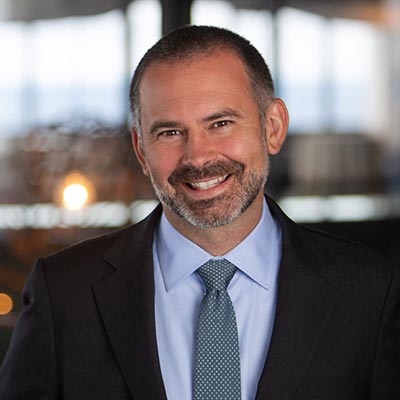
Hi - I'm Jason. I am an attorney who practices law in San Francisco, California. I represent survivors of sexual abuse and help people find justice caused by the negligence of others. My team and I are ready to help you.
Two high-profile lawsuits against the Jehovah’s Witness Church have ended in a settlement, as two men who claim to have been sexually abused during childhood by a Church elder in San Francisco, have accepted financial offers to resolve their allegations. As in most settlement agreements, the terms of the offers, along with compensation amounts, remain confidential. Contact a Jehovah's Witness sexual assault lawyer today for more information.
Also under lock-and-key is the trove of internal child abuse reports, held by the religion’s parent organization, the Watchtower Bible and Tract Society, that came to become the focus of litigation. As a matter of organizational policy, neither the Watchtower nor leaders within the Jehovah’s Witness community report complaints of childhood sexual abuse to “secular” authorities.
Instead, reports gathered by elders are sent directly to the Watchtower, according to the religious abuse watchdog Reveal, where the complaints are compiled in a “cache of child abuse files.” As Reveal writes, “the documents contain the names of what are likely thousands of abusers who were never reported to the police.”
Similar Case: Terry Monheim, Jehovah’s Witnesses Member, Convicted Of Sexual Abuse
The Watchtower began maintaining child abuse records in 1997. In court proceedings, officials from the organization admitted that, since 1997, no child abuse reports fielded from the Church’s California congregations had ever been forwarded to law enforcement officials. Both of the lawsuits were filed in the San Diego Superior Court. And despite the repeated demands of plaintiffs’ attorneys, along with multiple court orders, the Watchtower Bible and Tract Society refused to hand any of the documents over for years.
The plaintiffs say they were abused as children by Gonzalo Campos, an elder within their local Jehovah’s Witness congregation, even though the Watchtower had received reports of the man’s misconduct.
Campos admitted to abusing children in sworn court testimony, but securing the Church’s full records on child abuse and alleged perpetrators, the men argued, would help substantiate their claims, while also blowing the lid off what many critics say is a decades-long sex abuse cover-up.
The Watchtower refused, even after the Honorable Joan Lewis, a Judge for the San Diego Superior Court, ordered the organization to turn over its files. The request went all the way to California’s Supreme Court, which upheld Judge Lewis’ order. The Watchtower had to produce the documents, or risk facing harsh penalties.
That’s exactly what happened. In brazen dismissal of the California court system, officials at the Watchtower continued to withhold the child abuse records. It so disturbed Judge Lewis that she dismissed the Watchtower from the court, issuing a summary judgment that ordered Church leaders to pay $13.5 million in compensation to the case’s plaintiff.
“Watchtower’s actions or omissions were ‘reprehensible,’ ” Judge Lewis wrote. “I think ‘disgraceful’ may be synonymous with ‘reprehensible,’ but I think ‘disgraceful’ doesn’t say enough about it.”
That was written in 2014, but, apparently, the Watchtower didn’t get the message. When another child abuse case against the Church reached court, a plaintiff’s attorney again demanded the abuse report files. And the Watchtower, again, refused. In this case, however, Judge Raquel Marquez, who sits on the Riverside County Superior Court, fined the organization $4 million for non-compliance and threw them out of court.
The next case to enter a California State court came in 2016 – and plaintiffs’ seemed to be making headway. The Watchtower Bible and Tract Society agreed to hand over the documents, so long as they remained private from public eyes. That was an acceptable compromise, according to Judge Richard Strauss, who affirmed the agreement, allowing the flow of records to begin.
But plaintiffs’ attorneys didn’t receive what they were expecting. Instead of 19-years worth of child abuse reports (as the Court had ordered), the Watchtower provided files that covered only 4 years, with all the important information – including perpetrator and congregation names – redacted.
Like Judge Lewis before him, Judge Strauss was disturbed by the Church’s non-compliance, but instead of throwing the Watchtower out of his court, he decided to fine it. For every day of insubordination, the Church would be forced to pay $4,000.
Now, nearly two years later, the Watchtower has settled the cases, closing the door – at least for now – on the release of those internal child abuse documents. Similar efforts have been taken up internationally, however. In 2017, two class-action lawsuits were filed against the Jehovah’s Witness Church in Canada over the organization’s sexual abuse reporting policies.
A lead California sexual abuse lawyer on one of the suits, Bryan McPhadden, says he intends to demand child abuse files from the Watchtower. “It appears the organization has not established policies to prevent sexual abuse from happening and has faulty policies when sexual abuse is reported to it,” McPhadden says, “at the hands of elders or otherwise.”


